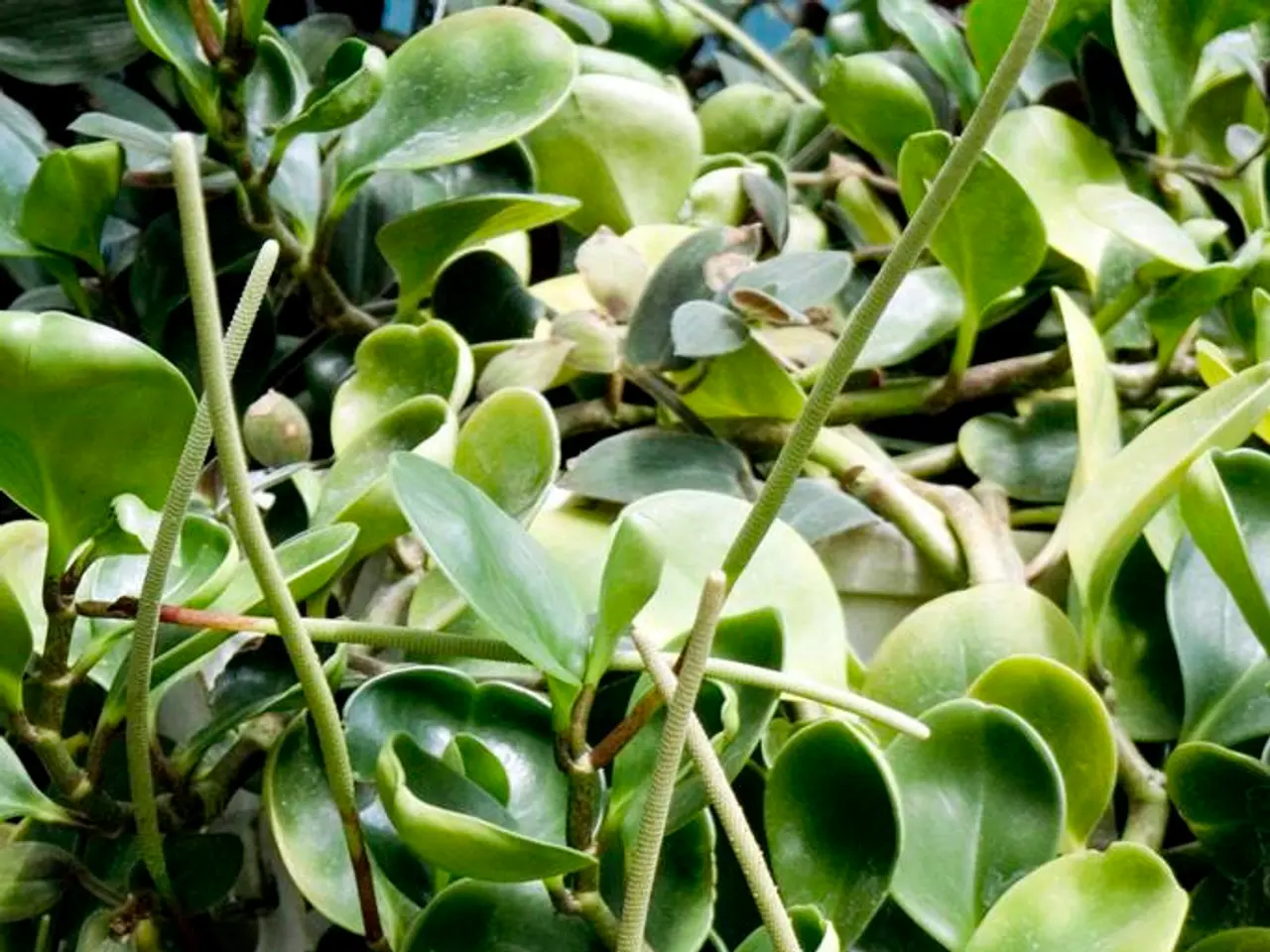Strategies to Reduce Water Usage in Your Yard and plants
In a world where water conservation is becoming increasingly important, maintaining a beautiful and thriving garden doesn't have to mean excessive water usage. By adopting some simple strategies, you can enjoy a lush garden while conserving water effectively.
Firstly, the choice of plants plays a crucial role. Opt for drought-tolerant and native plants, as they naturally require less water and are adapted to your local climate and soil. Grouping plants by their water needs allows for precise watering and avoids waste, ensuring that irrigation is targeted only where necessary.
Another effective method for water conservation is the use of organic mulch, such as bark chips, straw, or compost. These materials significantly retain moisture, reduce evaporation, and keep roots cool. Applying mulch on moist soil and watering regularly improves its ability to conserve water. However, it's important to avoid fine mulches that clump together into a water-resistant mess. Coarse mulch is recommended for efficient water seepage into the ground.
Improving soil water retention is another key approach. This can be achieved by mixing compost or organic matter into garden soil or planters, which helps hold more moisture and nutrients for plants. This is particularly beneficial in drought-prone areas, where adding compost to the soil can help conserve water.
When it comes to irrigation, using efficient methods such as drip irrigation or deep, infrequent watering can help deliver water directly to roots and minimize surface evaporation. An automatic rain-shut off device can also be used to control the amount of rain that falls into an irrigation system, protecting the yard and garden from over-watering and saving water for future use.
In addition, reusing water from sources such as aquarium water, laundry water, bath water, or water used for washing vegetables or dishes can be used for gardening. However, it's essential to avoid using water with chemical-laden cleaning products high in sodium or borax, as these can harm your plants.
Regular garden maintenance checks every week can help prevent leaks and other issues that may cause water wastage. For instance, a leaky hose or outdoor faucet wastes more than 6,000 gallons of water per year, so it's important to repair these leaks to prevent water wastage.
Lastly, placing containers and plants in shaded or protected areas during extreme heat can reduce stress and water loss. It's also advisable to avoid frequent shallow watering, as this promotes weak roots and waste. Instead, water deeply but less often to encourage strong root systems that better withstand dry spells.
By implementing these methods, you can conserve water efficiently while maintaining healthy, hydrated plants through moisture retention, targeted watering, and plant choices suited to the environment. Happy gardening!
[1] Water-Saving Techniques for Gardening [2] Compost and Water Conservation [3] Water-Saving Tips for Your Garden [4] Water-Saving Gardening Tips
[1] For a sustainable home-and-garden lifestyle, consider adopting water-saving techniques, such as choosing drought-tolerant plants, grouping plants by water needs, using organic mulch, and incorporating compost into soil for improved moisture retention.
[2] Embracing sustainable living, one can conserve water in the home-and-garden by implementing water-saving practices, like reusing water from various sources, such as laundry, bath, or aquarium water, and using it for gardening purposes.




